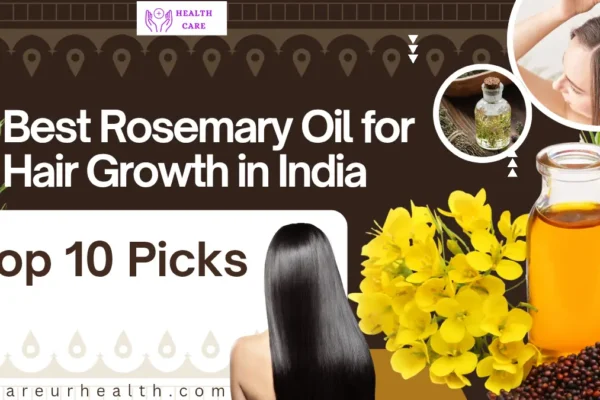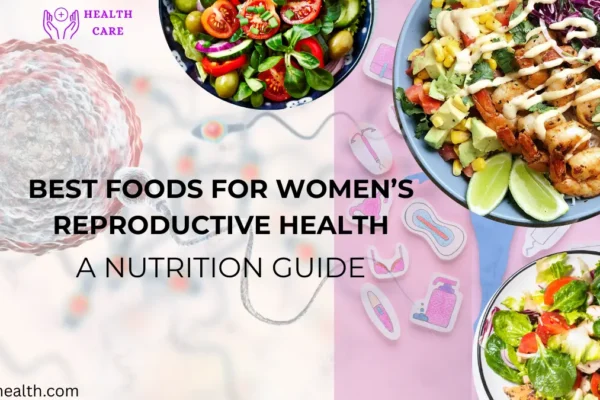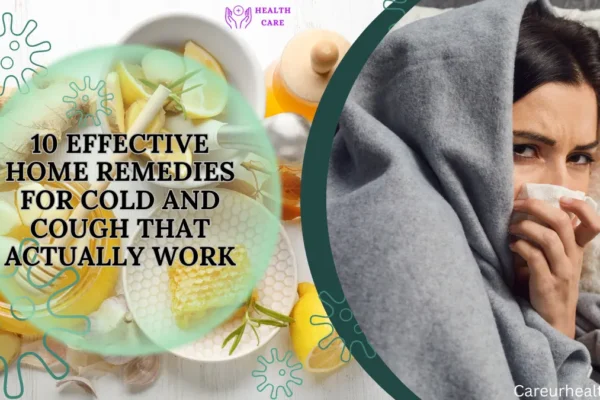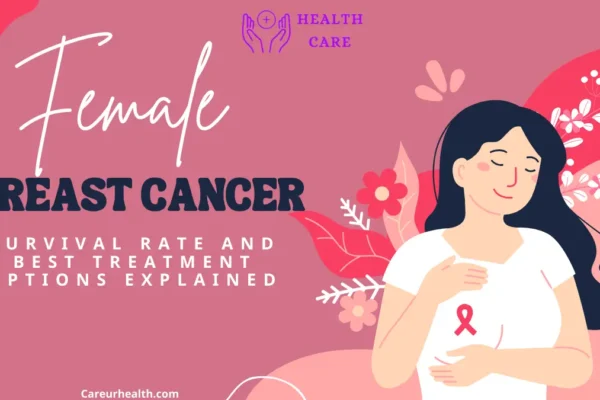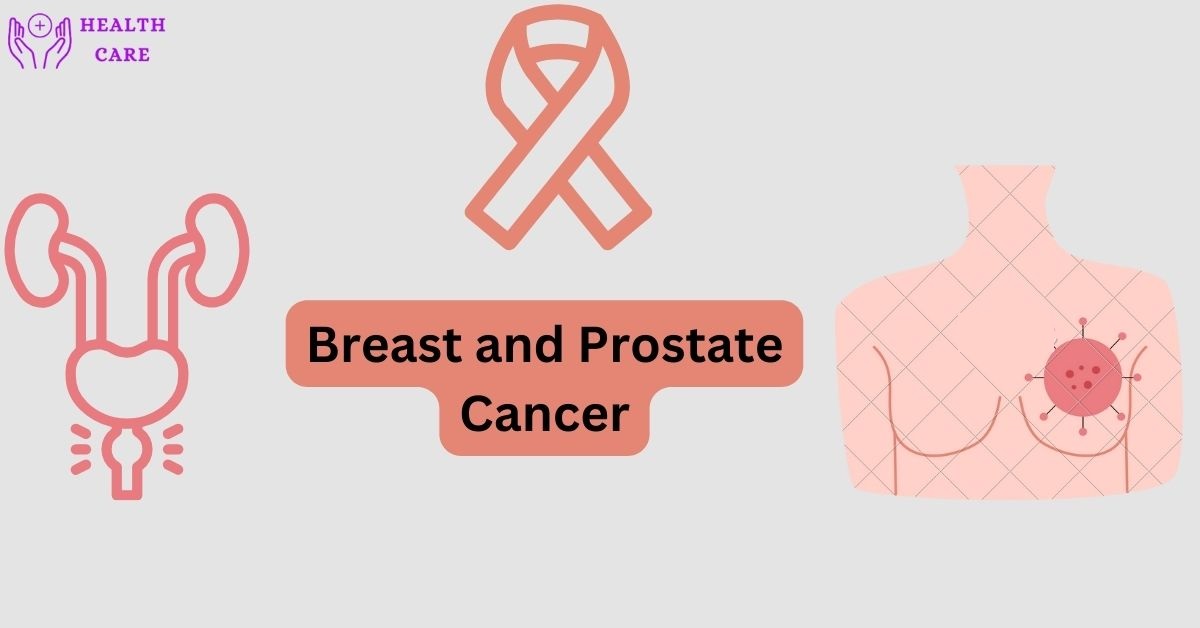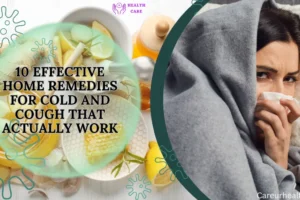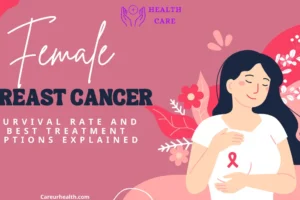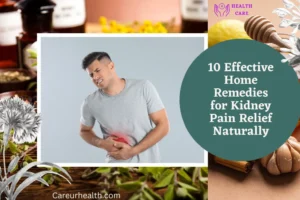Introduction
The body of research opposing highly processed foods has grown somewhat stronger. As if the items’ increased quantities of sugar, salt, and saturated fat weren’t bad enough for our health, a recent study found a connection between the emulsifiers in the foodstuffs and an increased risk of developing specific cancers like Breast and Prostate cancer.
Following the analysis of 92,000 adult health records, taking into consideration additional risk variables such as weight and age, a group of researchers from multiple French research institutes discovered that eating more processed products containing emulsifiers increased the risk of developing prostate as well as breast cancer.
Researchers claim
researchers claim that their findings contribute to the discussion surrounding ultra-processed food restrictions, even if this link was observational rather than biochemically confirmed.
Food is process to give emulsifiers to assist combine any water as well as oil that could otherwise segregate. Ultra-processed foods including mayonnaise, frozen treats, peanut butter, margarine, packaged meats, and flatbread are frequently contaminated with these substances.
Because these foods have become a mainstay of the Western diet in recent years. Scientists have been wondering what impact emulsifiers may be having on public health.
The French Nutritional Epidemiology study
The French Nutritional Epidemiology studies examined records from the FrenchNutriNet-Santé cohort. A continuous nationwide study, to see whether the chemicals might be affecting cancer rates.
The group examined the records of 92,000 individuals who were in the group between 2009 and 2021; these individuals were 79% women and had a typical age of 45.
Every participant provided dietary records detailing their intake of food and beverages for a minimum of three days.
First, the researchers compared the notes to food records and tested the products indicated (2,677 foodstuff-additive pairs were analysed). To determine which emulsifiers as well as what quantity the subjects would have eaten.
Among the group, 2,604 incidences of cancer have been identified between 2009 and 2021. Among this age breast and prostate cancer increases.
Statistics approach
After that, the researchers used a mathematical framework that took into consideration other cancers like breast and prostate cancer. The risk variables include age, weight, genetic background, etc. For comparing these cancer incidence rates to the meals of the groups.
Following standard monitoring of seven years, the examiners discovered that greater amounts of both mono- and diglycerides of saturated fat (E471). They are link to higher instances of prostate tumours (a 46% greater threat), breast cancer (a 24% greater threat). Moreover, with overall cancer (a 15% greater chance) among individuals taking in the most contrasted with those taking in the smallest amount).
In comparison to those with lower consumption, women who consumed more carrageenan (E407 and E407a) were at a 32 per cent higher chance of breast cancer.
The researchers claim that their results are strong and contribute to the increasing amount of evidence. And that suggests ultra-processed meals increase the likelihood of cancer, notwithstanding the study’s shortcomings. Which include no causal confirmation plus an underrepresentation of men.


